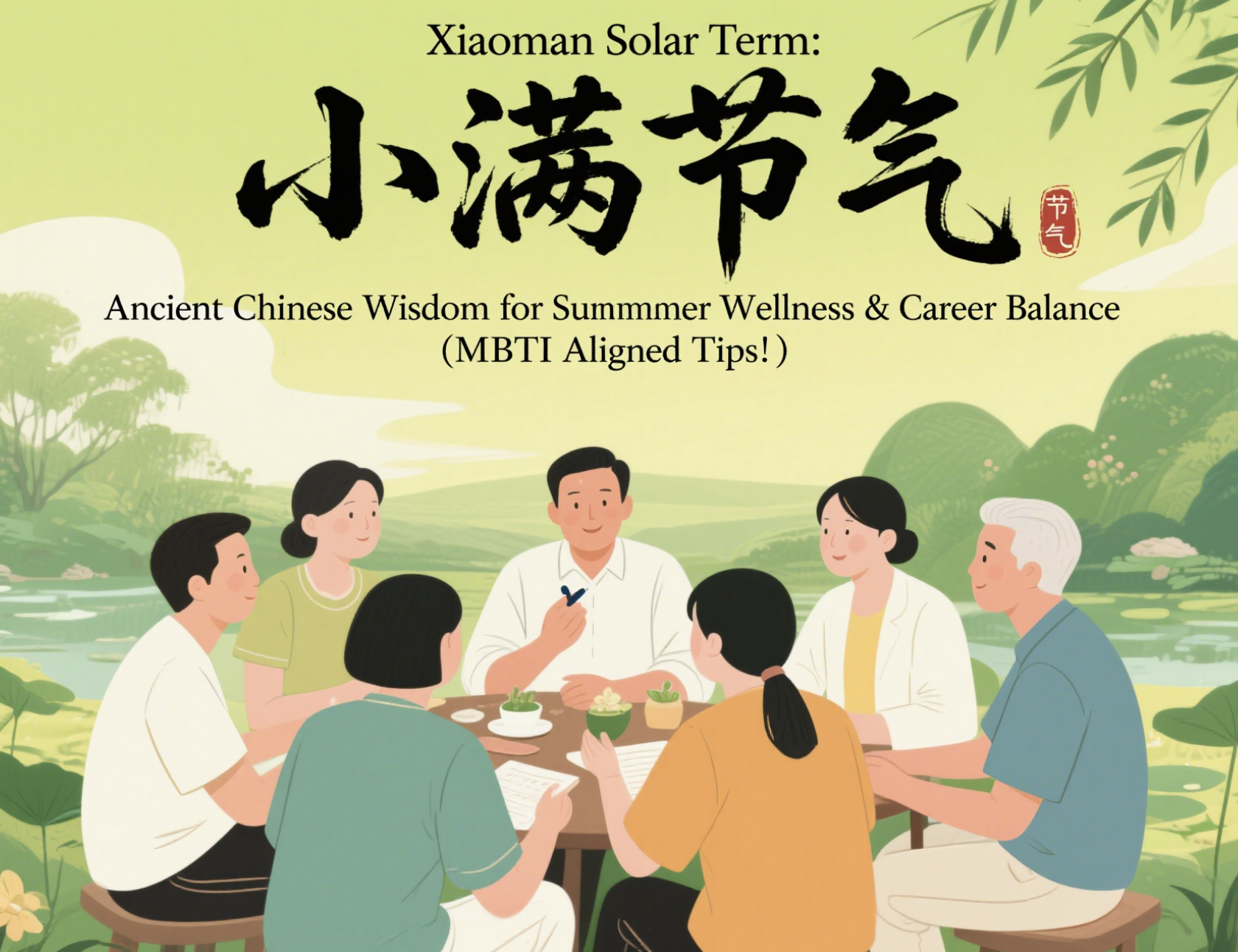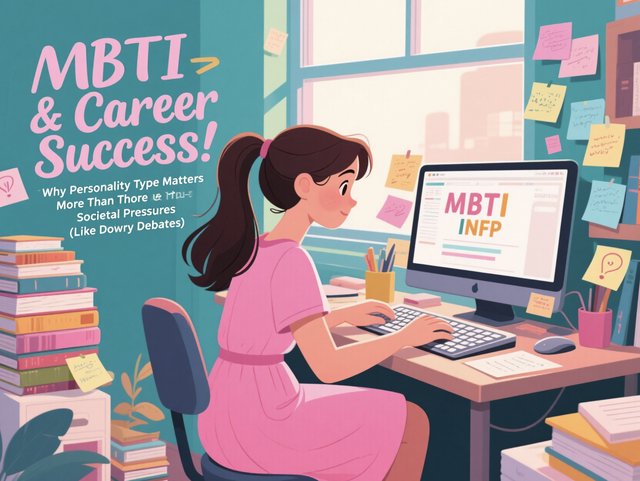Xiaoman Solar Term: Ancient Chinese Wisdom for Summer Wellness & Career Balance (MBTIAligned Tips!)

Xiaoman: The Gateway to Summer’s Challenges & Opportunities
Xiaoman (Grain Buds), the second solar term of summer, marks the transition into intense heat and humidity. In traditional Chinese culture, it symbolizes the delicate balance between abundance and restraint—lessons that resonate deeply in modern career development and personal growth. For MBTI enthusiasts, understanding how your personality type interacts with seasonal changes can unlock peak performance.
Why Xiaoman Matters for Professionals
Seasonal shifts impact energy levels, focus, and emotional resilience. High achievers (e.g., ENTJs, ESTJs) may push through discomfort, while introspective types (INFPs, INFJs) might feel drained. Xiaoman’s emphasis on preventive care aligns with proactive career planning:
Sensor (S) Types (ISTJ, ISFJ): Benefit from structured routines like Xiaoman’s dietary protocols.
-
Intuitive (N) Types (ENFP, INTP): Leverage creative energy by aligning projects with summer’s longer daylight hours.
Xiaoman Wellness: A Science-Backed Approach
1. Dietary Adjustments for Cognitive Clarity
The ancient principle of “clearing heat and dispelling dampness” translates to modern productivity hacks:
For Analytical Thinkers (INTJ, INTP):
- Bitter foods (e.g., bitter melon) reduce inflammation linked to decision fatigue.
- Recipe: Garlic-Fried Amaranth enhances focus with iron and vitamin K.
- Bitter foods (e.g., bitter melon) reduce inflammation linked to decision fatigue.
For Empathetic Types (ENFJ, ISFJ):
Hydrating soups (e.g., Tomato-Fish Ball Tofu Soup) stabilize mood swings caused by heat.
Caution: Avoid excessive cold foods if you’re a Judging (J) type prone to rigid habits—balance with warming ginger.2. Movement & Mindfulness
Xiaoman discourages intense workouts. Instead:
Extraverts (ESFP, ESTP): Social activities like group tai chi prevent burnout.
-
Introverts (ISTP, INFP): Solo walks at dawn harness “yang energy” without overstimulation.
MBTI-Tailored Xiaoman Routines
Personality Type Wellness Focus Career Application ESTJ Discipline in sleep schedules Delegate tasks to avoid humidity-induced stress INFP Creative journaling by water Use reflective time for strategic pivots ENTP Experiment with herbal teas Brainstorm innovations in “downtime”
Long-Term Benefits Beyond the Season
Integrating Xiaoman’s principles fosters resilience—a trait linked to career longevity. For example:
High-Stress Roles (ENTJ, ESTJ): Weekly Lotus Leaf Congee detoxifies adrenaline buildup.
Remote Workers (INFJ, ISTJ): Wood Ear Mushroom Soup combats sedentary dampness.
Final Tip: Track how seasonal adjustments impact your MBTI-driven strengths. A Thinker (T) might log productivity metrics, while a Feeler (F) could note emotional shifts.
By harmonizing ancient wisdom with personality science, Xiaoman becomes more than a节气—it’s a blueprint for sustainable success.
(Word count: 900)




